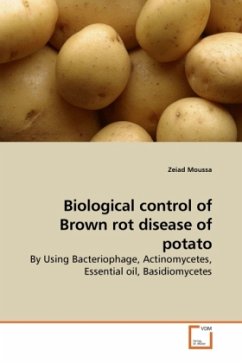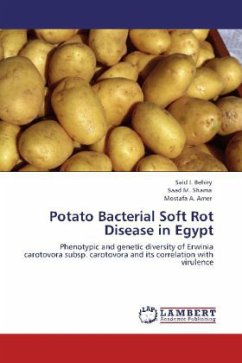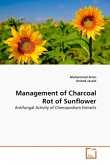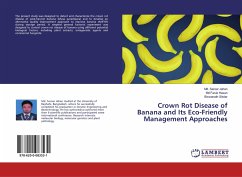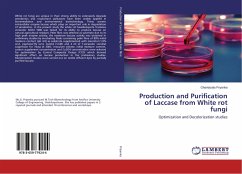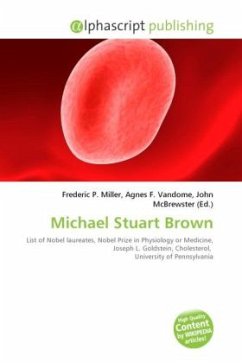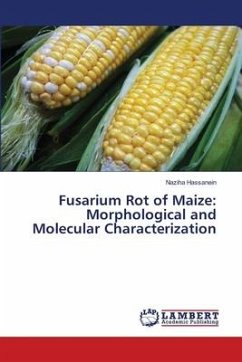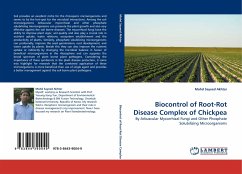Brown rot disease of potato is a worldwide disease that threatens potato plantation all over the world. The causal agent of this disease is a gram-negative bacterium called Ralstonia solanacearum that had wide host range and persists latent in soil for many years and also detected in water ways. Therefore, this work aimed to find out biological tools to control the causal agent of this disease (R. solanacearum). Four bacteriophages (active against virulent strain of R. solanacearum) were isolated from Egyptian soil, identified and used in a cocktail to inhibit the growth of this bacterium. Forty actinomycetes were isolated from the same soil. Four actinomycetes inhibited the growth of R. solanacearum which are identified. The ability of 16 commercial essential oils, filtrate of water extract of Pleurotus spp. spent wheat straw, filtrate of water extract of wheat straw and nine tested basidiomycetes to inhibit the growth of R. solanacearum were tested. Greenhouse and field trials were conducted to test the effectiveness of phage cocktail and the most active actinomycetes for control of this disease.
Bitte wählen Sie Ihr Anliegen aus.
Rechnungen
Retourenschein anfordern
Bestellstatus
Storno

